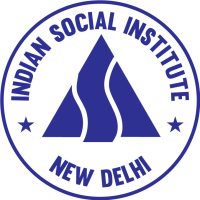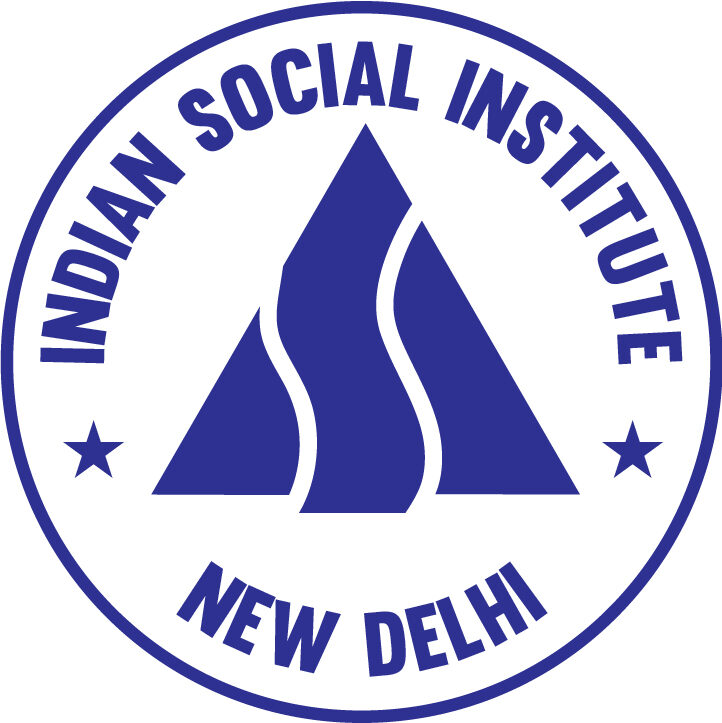Research Advisory Committee
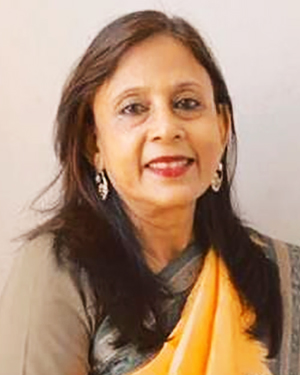
Prof. Sabiha Hussain
Professor (Dr). Sabiha Hussain, is working as Professor at Sarojini Naidu centre for Women’s development Studies, Jamia Millia Islamia, New Delhi. She is the former Director of Sarojini Naidu Centre for Women’s Development Studies (February 2016 to February 2023) and also the Director of the Centre for the Study of Social Exclusion and Inclusive Policies, Jamia Millia Islamia. Before joining Jamia Millia Islamia, she worked for a decade at the Centre for Women’s Development Studies (an ICSSR funded Research Institute) in New Delhi and carried out two research projects on ‘Gender, reproductive rights and behaviour and women of minority and Dalit community engaged in Home based work in North Bihar. She has obtained her Masters’ M.Phil and Ph.D degrees from the Centre for the Study of Social Systems, Jawaharlal Nehru University. She has more than 39 years of teaching and research experience. She is the author of five books and many research articles published in reputed national and international academic journals. Her areas of interest include gender and development, ageing health and well-being, education and livelihood issues, and Muslim women's struggle for rights and entitlements both in the public and private domain from a gender perspective. After joining Jamia Millia Islamia, she has completed major research projects funded by various government agencies (UGC, ICSSR, MOWCD). She has also generated a good amount of funds from NCW, AIU, ICSSR, IIPR, and Maulana Azad Foundation, to name a few, for organising National and International Conferences and RM workshops and regularly gives her valuable inputs in formulating Undergraduate and postgraduate syllabi for Gender Studies in various universities. She has been selected for the International Visiting Leadership Programme in the United States of America and sponsored by UN-HABITAT International Islamic University in Malaysia to attend a one-week workshop on Land, property, and housing rights in the Muslim world. The National Human Rights Commission nominated her as a member of the ‘Women’s Rights Group’. She has been a member of Committees of studies of Women’s studies centres at the University of Kashmir, Alagappa University, Indira Gandhi National Open University, along with the parent university. She has also been nominated as a member of the governing board of non-government organisations. She has been the editor of a peer-reviewed journal, Women’s Link, from 2017-2020. She is a recipient of the Teacher Fellowship of the University Grants Commission, the General Fellowship of the Indian Council of Social Science Research and the National Merit Scholarship. She is not only known in academics but also as an activist promoting women's rights and fighting against the discrimination and marginalisation of women. She has raised voices against gender injustice from various national and international forums. She has command over English, Hindi and Urdu languages and possesses excellent skills in formulating research proposals and conducting field research independently and with a team.
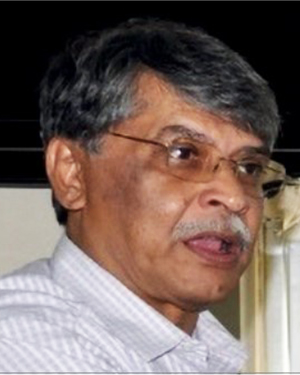
Amit Mitra
Mr. Amit Mitra is an Independent Consultant & Researcher based in Delhi. Initially, he was a faculty member at the Centre for Social Studies, Surat, and then he worked at the Centre for Environmental Studies, Delhi. He is known for his ethnographic approach to research and evaluations and has publications in national and international journals. His specialisations are: Social Impact Assessment, Large Scale Socio-Economic Surveys, Programme Design and Development, Monitoring and Evaluation, Gender Analysis, Assessment of Learning (formal and non-formal), Non-formal Education, Adult Literacy, Water, Indigenous Water Harvesting Systems, Farming systems, Sustainable Livelihoods Development and Natural Resource Management, Forest and Land Rights, Adaptation to Climate Change and Disaster Risk Management., Migration, Food Security, Women’s Empowerment, Rural Development, Tribal Development, Child Rights, Eradication of Child Labour, Resettlement and Rehabilitation of people affected by mega development projects. Development communication is an area of expertise. Designing quantitative and qualitative surveys, as well as data collection and processing. Gender and child rights are important cross-cuts in all my work.

Prof. Subhadra C. Mitra
Prof. Subhadra Mitra Channa taught Anthropology at the University of Delhi. She retired from service on 31 October 2016. Her areas of interest are marginalisation and identity, gender, religion and cosmology, ecology and landscapes. She was a Charles Wallace Fellow to the UK (Queen’s University 2000) and a Visiting Professor to MSH, Paris (2002), a Fulbright visiting lecturer to the USA (2003) and a Visiting Professor in 2008-9 to USC, USA, Visiting Prof. to University of Bahia, Brazil, 2019. She has written about ninety scholarly papers and is the author/editor of ten books. She was the president of the Indian Anthropological Association and the editor of the Indian Anthropologist; she was chair of the Commission on the Anthropology of Women (IUAES), Chair of the Commission in Marginalization and Global Apartheid, and was elected vice president as well as a Senior Vice President of IUAES (International Union of Anthropological and Ethnological Sciences). She was awarded the S.C. Roy Memorial Gold Medal by the Asiatic Society for her lifetime contribution to cultural anthropology. Her most recent publications include, ‘Gender in South Asia’ (Cambridge University Press); ‘The Inner and Outer Selves’ (Oxford University Press) and the edited book, ‘Life as a Dalit’(ed.) (Sage Publications) and Gendering Material Culture (ed.), Anthropological Perspectives on Indian Tribes (Orient Blackswan) and Religious Pluralism in India (ed. With Lancy Lobo, Routledge. She is at present the Editor of Reviews in Anthropology (Taylor and Francis)
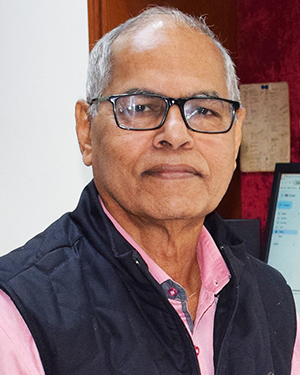
Prof. Lancy Lobo
Prof. Lancy Lobo has a doctorate in sociology from the Delhi School of Economics, University of Delhi. He was the founder and Director of The Centre for Culture and Development, Vadodara. He also served as Director of the Centre for Social Studies, Surat, under the Indian Council of Social Science Research, Delhi (Ministry of Human Resources). He has extensively studied Dalits, tribals, OBCs and minorities in rural and urban Gujarat. He was an International Fellow at the Woodstock Centre, Georgetown University, Washington, D.C. from 1999 to 2000. He has authored, co-authored, edited, and co-edited 35 books, most of them emerging from the research studies undertaken by him and his team. He is Professor Emeritus and the Research Director at the Indian Social Institute, New Delhi. His recent publications are: 1). Tribes of Western India: A Comparative Study of Their Social Structure, by Routledge (with Dhananjay Kumar); 2). Urban Daily Labour Markets in Gujarat, Western India by Routledge (with Kanchan Bharati and Dhananjay Kumar).
